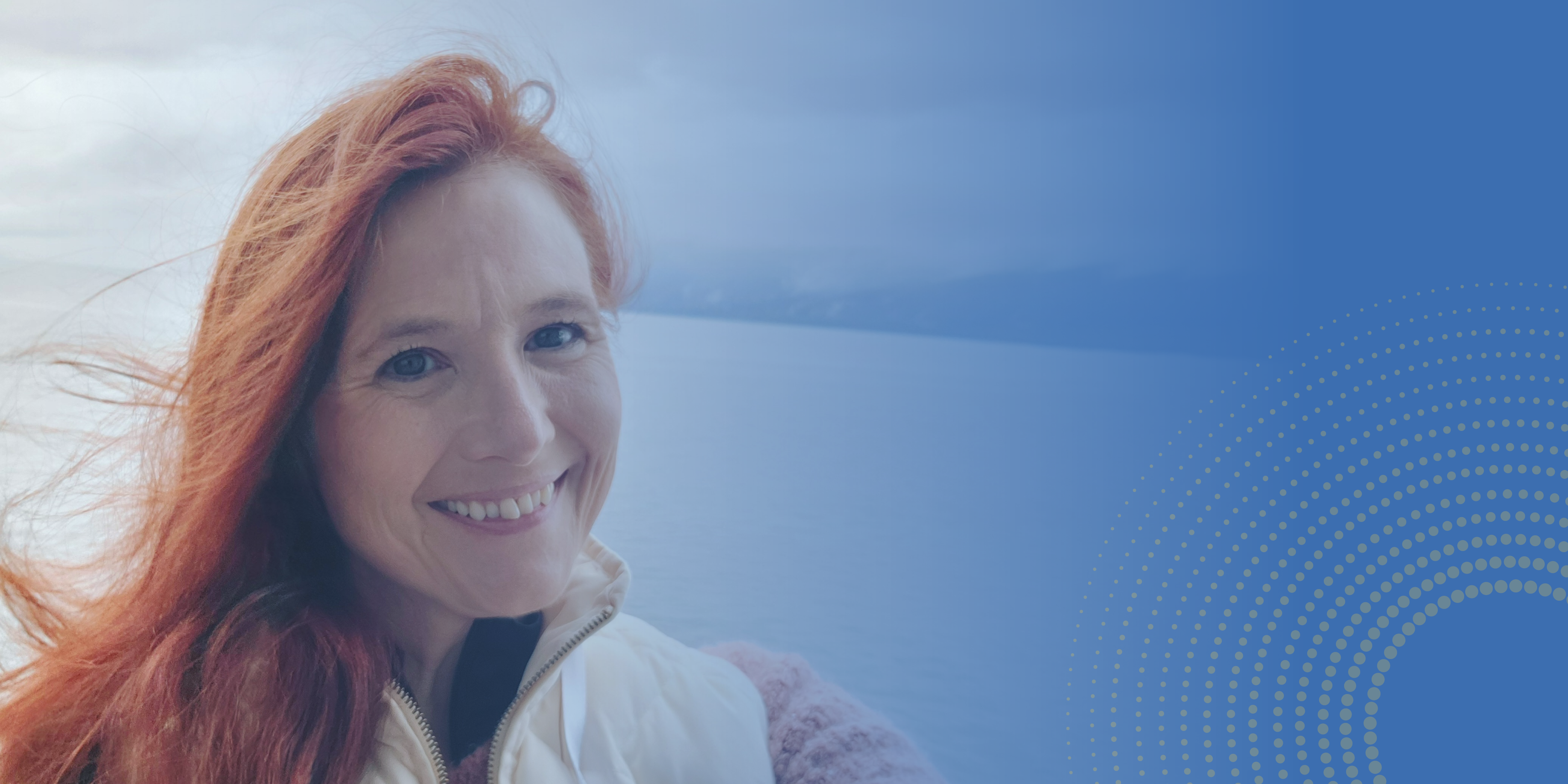


Call Me By My Name
11/02/2022

How Person-Centered Language Amplifies Calls To Action
By Amanda J. Richer
Imagine living your life as a person whose entire personhood is swapped out for an adjective that describes not who you are, but where you live. I think we can all agree that’s degrading. But describing someone’s experience certainly doesn’t have to be dehumanizing.
Person-centered language is the understanding that while we do need to use terms to describe a population, whenever speaking of an individual, it is critical to pay respect to their autonomy and how they would like to be referred to. As a person with lived experience, I prefer person-centered language.
Many of us have cringed when listening to the past descriptors of different populations, knowing that certain words carry very heavy negative connotations. Racism, sexism, ableism, discrimination can all be conveyed by one-word descriptors. Similarly, descriptors can be used to put a lens of humanity on populations and promote empathy and compassion. Beyond these descriptors are human beings, people who are deserving of a voice as to how their story is woven.
While a blanket term of homelessness or unhoused or unsheltered may describe a demographic when we are talking in specifics, I feel that we should be more descriptive. Use persons experiencing being unhoused or being unsheltered. More than just respect for a person being human first, sometimes, we also just need to make those designations. For the growing population of those who have been displaced by harmful racist and socially violent policies, degradation of social cohesion, lack of adequate healthcare, lack of affordable housing, climate disasters, tragedy, or disability, there is already a lack of dignity and humanity without terms that have become slurs to stigmatize and stereotype the traumatizing situation they find themselves in.
There is something deeply wrong with a society that can look at people and think that somehow, they deserve to be traumatized. I don’t even know how anyone can justify that. That’s my personal feeling. When we’re talking to others, I think it’s very, very important to not lose our humanity. These are human beings experiencing this. So whatever we do, we must first point out humanity before we point out the experience.
As more information and data have been looked at and analyzed we have come to the understanding that these issues within our society are systemic and we must change language to reflect our understanding. As with most progression from past harms, when we know better we must do better. When it comes to language, we must gravitate towards understanding and acknowledging the humanity and dignity of individuals and groups of people going through traumatic experiences. There will be mistakes made and learning to continue, but we can never go wrong with empathy and compassion and the words we use are just a start.
Amanda J. Richer is a photographer, artist, displacement advocate, health program manager and community liaison in Seattle, Washington.
1828 L St. NW
Suite 300
Washington, DC 20036
© Copyright 2026 Privacy Policy